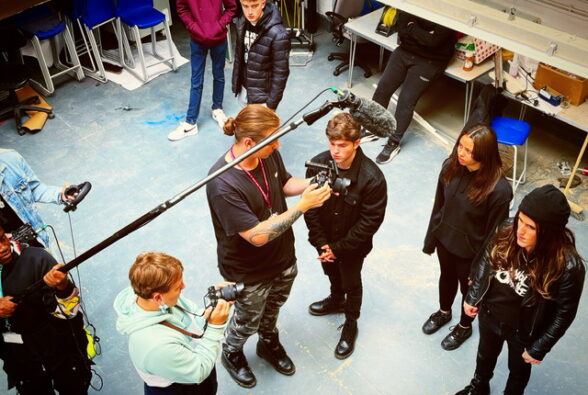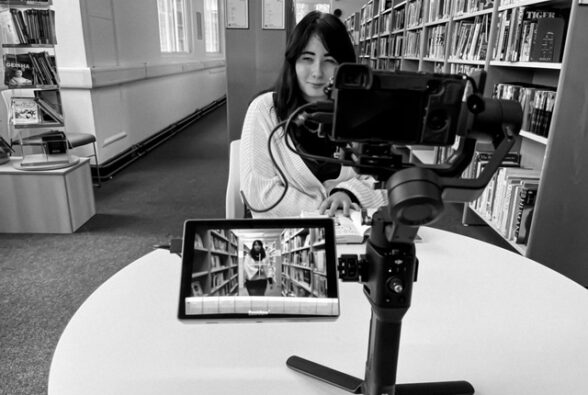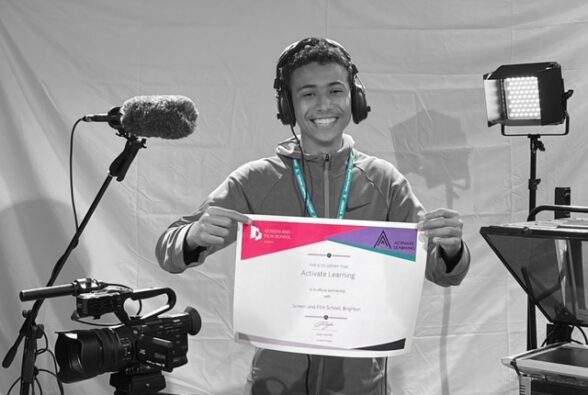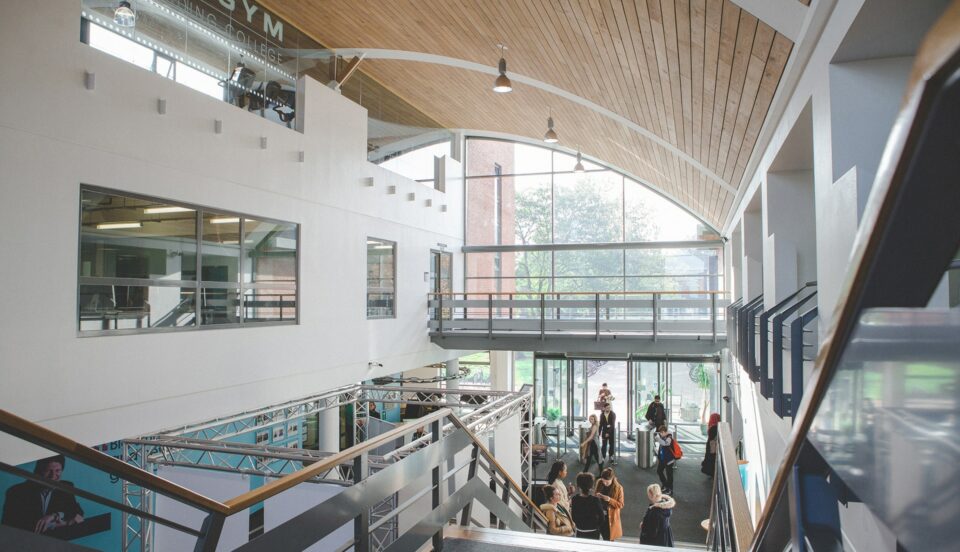Why study History A Level?
History is one of the Russell Group universities’ ‘facilitating’ subjects—so called because choosing them at A-level allows a wide range of options for degree study. One of the most flexible of qualifications, History provides an excellent pathway to degrees such as History, Law, English and Philosophy, and beyond that to a range of interesting careers.
What skills will you get from studying History?
This intellectually rigorous course is an excellent way for students to develop highly sought after and transferable skills. These include being able to effectively communicate complex ideas, the ability to research, analyse and evaluate information, both orally and in writing, and the capacity to make substantiated judgements, all whilst developing independent work skills.
What careers can studying History lead to?
A History related degree is useful for a number of careers, including teaching, librarianship, banking and commerce, the law, publishing, museums and art galleries and a wide variety of social work.
What you'll learn
What will I study?
Component 1: Breadth study
Written exam: 2 hours 30 minutes three questions (one compulsory) 80 marks 40% of A-level
Questions in two sections:
Section A – one compulsory question linked to historical interpretations (30 marks)
Section B – two from three essays (2 x 25 marks)
1K The making of a Superpower: USA, 1865–1975
This option allows students to study in breadth issues of change, continuity, cause and consequence in this period through the following key questions:
- How did government, political authority and political parties change and develop?
- In what ways did the economy and society of the USA change and develop?
- How did the role of the USA in world affairs change?
- How important were ideas and ideology? How united was the USA during this period?
- How important was the role of key individuals and groups and how were they affected by developments?
- From Civil War to World War, 1865–1920
- The Era of Reconstruction and the Gilded Age, 1865–1890
- Populism, progressivism and imperialism, 1890–1920
- Crisis of identity, 1920–1945
- The Superpower, 1945–1975
Component 2: Depth study
Written exam: 2 hours 30 minutes three questions (one compulsory) 80 marks 40% of A-level
Questions in two sections:
Section A – one compulsory question linked to primary sources contemporary to the period (30 marks)
Section B – two from three essays (2 x 25 marks)
2A Royal Authority and the Angevin Kings, 1154–1216
This option provides for the study in depth of a period of turbulence in British history, during which the authority of the monarch was questioned and the relationship between Church, State and the baronage was readjusted. It develops concepts such as authority, dynastic ambition and rebellion and encourages students to reflect on issues such as territorial integrity and what makes a ‘state’.
- The Reign of Henry II, 1154–1189
- The Restoration of Royal Authority, 1154–1166
- The crisis of Royal Authority, 1166–1174
- The struggle for Royal Authority, 1174–1189
- England under Henry II’s Successors, 1189–1216
- Richard I, 1189–1199
- King John, 1199–1214
- The end of John’s reign, 1214–1216
Component 3: Historical investigation
A personal study based on the topic below. This should take the form of a question in the context of approximately 100 years.
It must not duplicate the content of options chosen for Components 1 and 2.
3500–4500 words 40 marks 20% of A-level
Marked by teachers, moderated by AQA
The origins of the French Revolution, 1689–1789
- Absolutism and the structure of the Ancien Régime: Louis XVI as King; government; social divisions; privileges and burdens; strengths and weaknesses
- The ideas of the Enlightened philosophes: extent of influence in France; the salons; impact of the American revolution and War of Independence
- Economic problems and royal finance: attempts to improve royal finances under Turgot, Necker and Calonne
- The Assembly of Notables and political developments, February 1787 to May 1789; the state of France, politically, economically and socially by the meeting of the Estates-General.
How you'll learn and be assessed
You learn in a variety of ways: discussion, groupwork, independent study, traditional essays, reading and research tasks. There is a balance of challenge and support. You will play an active part in your learning and there will be a strong focus on your individual learning needs.
You will develop the skills necessary for further academic study, such as strong report writing, essay writing and study skills, including presentation skills.
You will also improve the wider skills vital for success in further study or employment, including self-confidence, speaking in front of others, working with others, taking responsibility and managing your time. By the end of the course you will have benefited from individual support, including clear advice about higher education and careers.
Units 1 and 2 will be examined in May/ June. Unit 3 will be based on coursework.
You will also have modular exams in some subjects.
There will be a range of regular assignments, essays and class-based assessments to help you develop your study skills for the next educational step.
Individual learning targets are set each term and you will receive regular feedback on your progress in meeting these targets.
Entry requirements
Applicants should have five GCSEs at grade 5 or above, including English and maths.










